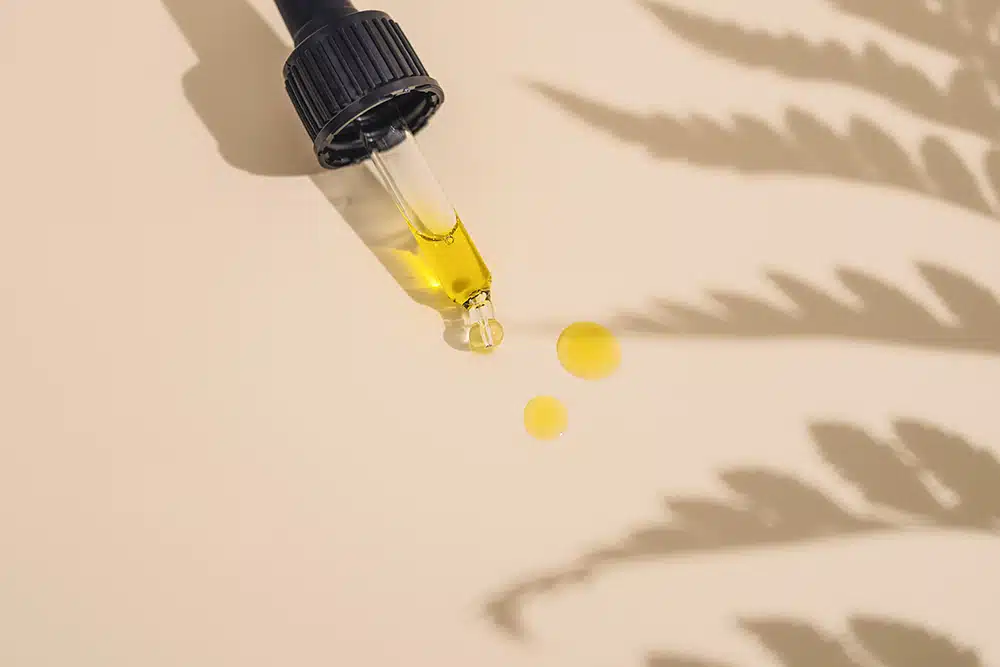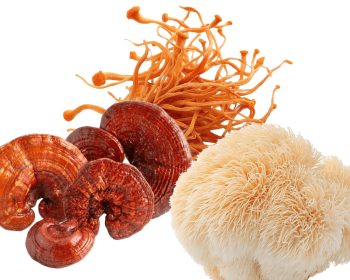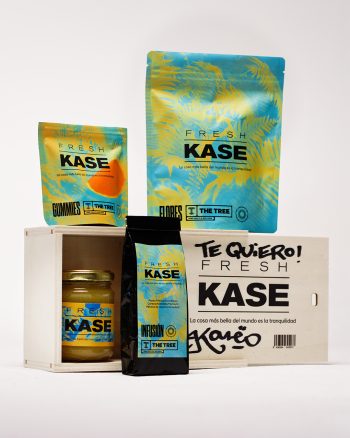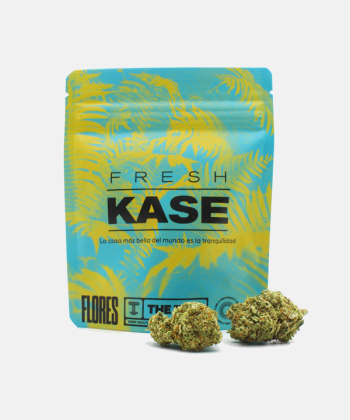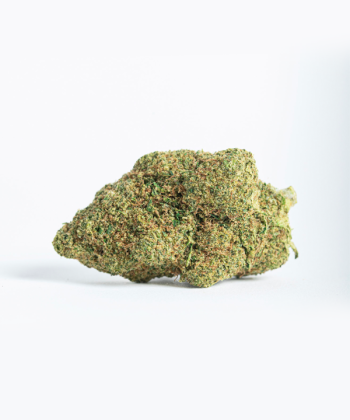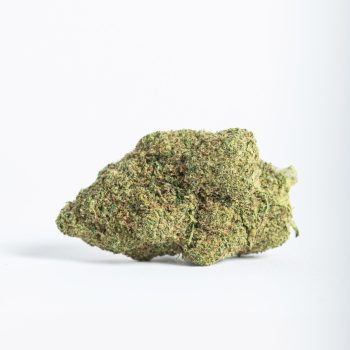CBD, or cannabidiol, has gained a great deal of popularity in recent years due to its many properties. This cannabis-derived compound has been praised for its potential to relieve pain, reduce anxiety, improve sleep and much more.
However, a question that often arises among those considering the use of CBD is: ‘How long does it take for CBD to work? The answer to this question is not as simple as we might wish, as several factors come into play.
There are a wide variety of factors that can influence how quickly a person experiences the effects of CBD: from the method of administration to the dosage, from individual biology to the environment.
In this article, we will explore this issue in depth, explaining the different methods of administration, as well as the individual factors that can influence the time it takes for CBD to take effect. So, if you have ever wondered how long it takes to feel the effects of CBD, we encourage you to read on.
Factors that influence the time it takes for CBD to take effect
The time it takes for CBD to take effect can vary widely between individuals and situations. Here are some of the key factors that can determine the time it takes for CBD to work:
- Method of administration: As mentioned above, the method of administration is one of the most important factors in CBD’s time to action. The rate of absorption varies depending on whether CBD is inhaled, ingested, applied topically, or administered in other ways.
- Dosage: The amount of CBD consumed will also affect the onset time of effect. In general, higher doses can lead to faster and more potent effects.
- Product quality: The quality of the CBD product is crucial. Lower quality products may contain less CBD or impurities that affect the speed and efficiency of absorption.
- Metabolism: Each individual’s metabolism is different, which can influence the speed at which CBD is processed. People with a faster metabolism may notice effects sooner than those with a slower metabolism.
- Tolerance: CBD tolerance is also a factor to consider. Regular consumption of CBD can lead to some tolerance over time, affecting how quickly the effects are felt.
- Food in the stomach: A high-fat meal before taking CBD orally can delay its absorption, as it must pass through the digestive system.
- Type of CBD: Full-spectrum CBD, which contains other natural compounds from the cannabis plant, may have a different onset time compared to isolated CBD, which is a purified form of CBD such as that contained in vapes.
It is important to keep in mind that these factors interact with each other, and it is not always easy to accurately predict how long it will take to feel the effects of CBD in a particular situation. Experimenting with different delivery methods, dosages and CBD products can help you find what works best for you.
How long does it take for CBD to take effect depending on the method of administration?
The most influential factor in the time it takes for CBD to take effect is the method of administration used, because each has its own speed of absorption. Below is an indication of how long it usually takes for CBD to take effect with each of them:
- Oral ingestion: This is one of the most common methods. CBD must be digested and pass through the digestive tract before entering the bloodstream, which can take one to two hours or even longer, depending on the food in the stomach and the speed of metabolism¹.
- Inhalation: Inhalation is one of the quickest methods of feeling the effects of CBD. They are usually felt almost immediately, as the cannabinoid enters directly through the lungs and quickly enters the bloodstream².
- Sublingual: When CBD oil is placed under the tongue, the effects usually start faster than with oral ingestion, usually in about 15-20 minutes, because CBD is absorbed directly through the mucous membranes in the mouth, bypassing the digestive tract³.
- Topical application: When applied topically to the skin, CBD generally does not produce immediate systemic effects. Instead, its action is localised and it may take some time, typically 15-20 minutes, for the effects to be felt in the applied area⁴.
Importantly, the duration of CBD’s effects also varies according to the method of administration. For example, inhalation tends to produce faster but shorter-lasting effects, while oral ingestion can result in effects lasting several hours.
Finally, it should be noted that most of these methods of CBD administration are not legal in our country, where only the topical use of CBD is covered by the current legal framework.
In addition, it is always worth remembering that CBD products are not intended to diagnose, treat or cure any disease. It is always advisable to discuss each specific case with a medical specialist and follow his or her recommendations.
References
- Millar, S. A., Stone, N. L., Yates, A. S., & O’Sullivan, S. E. (2018). A systematic review on the pharmacokinetics of cannabidiol in humans. Frontiers in pharmacology, 9, 1365.
- Ibid.
- Ibid.
- Grotenhermen, F. Cannabinoids for therapeutic use. Am J Drug Deliv 2, 229-240 (2004).

